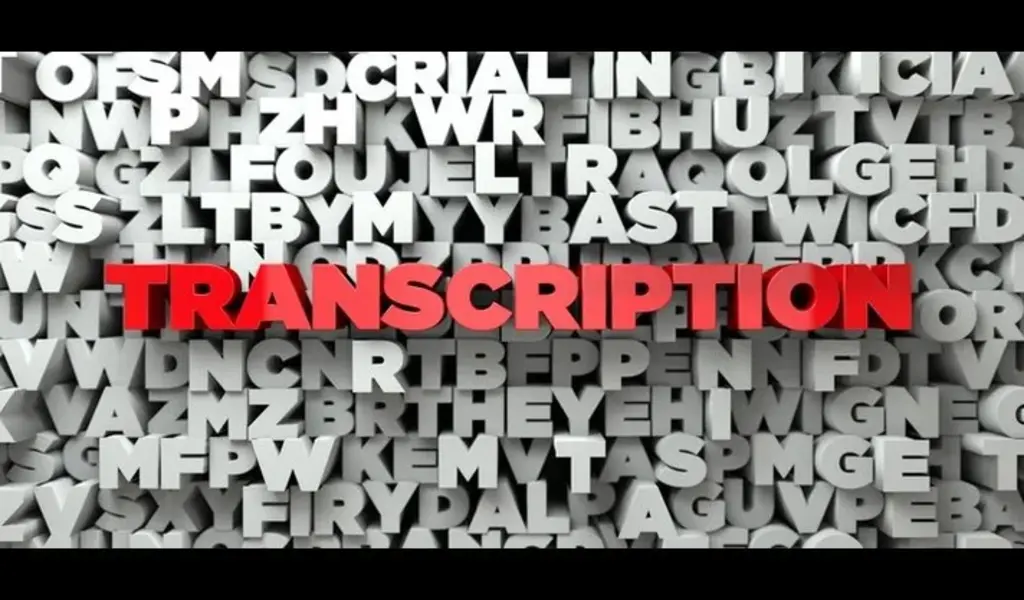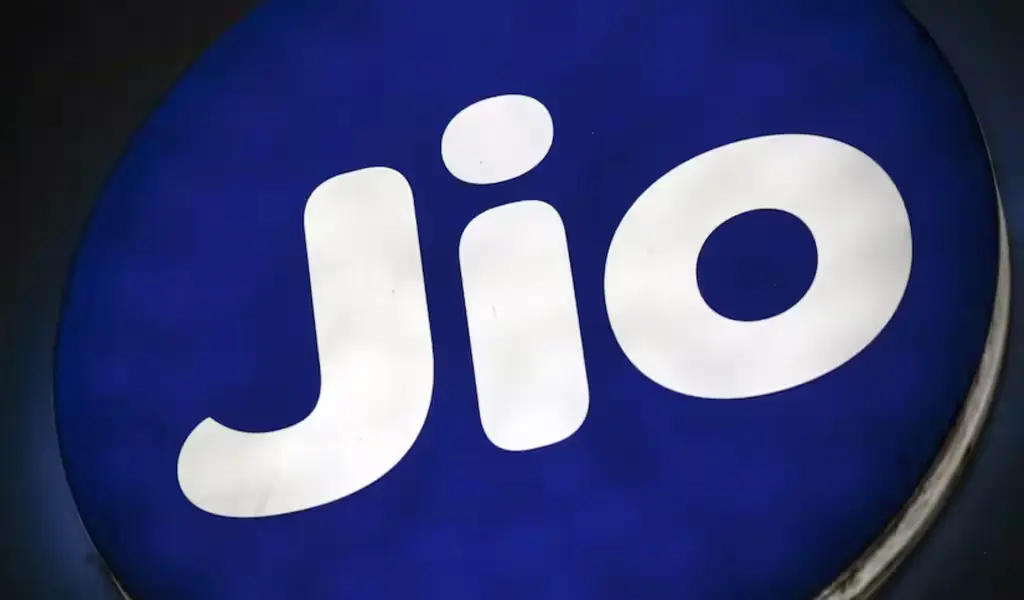(AEN) – Stenographers, or court reporters, are almost superhuman. They can type up to 225 words per minute and capture whatever is uttered as it is said in almost no time. Because the transcribed material is sensitive, transcript proofreading is an essential service that must be accurate.
However, errors are unavoidable because of the nature of the work. Even the most skilled court reporters make mistakes because of the sheer amount of transcribing and the pace at which it is done.
Proofreading court transcripts may help with that. There are several variations of legal transcription, however. In addition to covering live court proceedings, transcriptions of additional exchanges such as conference calls, wiretaps, 911 calls, depositions, and interviews are also required.
They also have to be entirely correct, much like court transcription. In some situations, precision might mean life or death. It is not more crucial to get it right than to get it down. Here’s everything about court transcript proofreading, including definitions and job-seeking strategies. Continue reading!
What is court transcript proofreading?
The only purpose of the specialized field of transcript proofreading is to edit court transcriptions and other legal transcripts. A legal transcript proofreader checks transcribed legal papers for flaws and fixes them.
They focus on typographical, grammatical, and other flaws. Additionally, they encourage clarity in all contacts, maintain consistency in style, and verify the correctness of dates and timings. Legal proofreading ensures that legal transcripts are clear, concise, and use proper terminology.
It’s crucial to remember that this discussion is about legal proofreading, not scoping. Scoping is checking a file straight out of a stenotype machine, the raw file from a court reporter, for errors. Scoping lies in the middle between proofreading and transcribing. Although the scope isn’t composing a whole new text, it has to be edited much more than a typical transcription would.
A scope essentially converts the “shorthand” that court reporters use into understandable English. Similar to taking notes, shorthand makes extensive use of acronyms and sometimes even symbols to convey more complex concepts and phrases. A scope is useful when interpreting shorthand since it might be difficult for someone other than the original note-taker to understand.
The scopist often uses computer-aided transcription (CAT) software to make this procedure easier.
The Process of Legal Transcription and Proofreading
Transcribing recorded legal discourse into text is known as legal transcription. Legal transcriptionists convert audio or video recordings of court cases, witness testimony, depositions, interviews, and other “legal” events into text documents by listening to the recordings. Legal experts may now search for and refer to this document, an easily scannable record of events, without listening to hours of recordings.
Court reporters often transcribe live events, whereas legal transcription uses recorded audio. This is the main distinction between the two types of transcription. As a general rule of thumb, a court reporter’s work is assumed if a judge is present. If not, a transcriptionist could probably handle it.
Another twist in the world of legal documents is dictation. Dictation is speaking into a recording device or to someone who will write down your words, while transcription turns spoken words into a written document. Regardless of how the audio was transcribed, the transcription must be proofread.
Following completion, the transcription is submitted to a proofreading service or proofreader’s assigned page. After that, the proofreader reviews each word and fixes any mistakes before returning the work to the original author. Remember that proofreading is not the same as editing. While editing often calls for more extensive modifications, such as rewriting, proofreading just calls for correcting errors already present in the text.
The Advantages of Including Proofreading in Your Process
You may trust a legal transcript that has been proofread. Incorporating proofreading into your legal process might help save future problems and headaches. Additionally, removing the need for duplicate work helps expedite the overall process.
With the mountains of legal transcripts, an attorney may have to go through, precise proofreading makes a big difference in efficiency. Proofreading legal transcripts may also:
- Clarify: To avoid disagreements, make sure that it is evident who is speaking and how since a legal transcript is sometimes the sole documentation of what is said.
- Make a written agreement enforceable: A legal transcription’s reliability may be questioned if it is rife with errors or contradictions. Preventing it now will save headaches later.
- Put on a professional veneer: Appearances are important in the legal context. Errors in a legal document may affect the whole legal team.
The Significance of Precise Legal Translation
Proofreading transcripts is essential for many reasons. Above all, it is critical that the words said match the precise words recorded in a legal context. Making a mistake while handling witness testimony or a 911 call might have major repercussions. Inaccurate details might lead to the conviction of innocent persons. Deals involving money might go sour. Numerous legal papers have a great deal of weight!
From a procedural perspective, precise transcriptions may simplify several legal scenarios. When presenting evidence, for example, a lawyer wants to avoid having to confirm details again. Furthermore, no one wants to wait for a legal document to arrive in the mail just to find out later that it is erroneous, and they will need to wait for a corrected copy. Reliable transcripts eased everyone’s concerns.
How to Work as a Proofreader for Court Transcripts
The career path for proofreading court transcripts is not predetermined. Furthermore, obtaining a proofreading certification is not a prerequisite for working as a proofreader. Certain businesses may insist that their proofreaders have a specific qualification on a case-by-case basis.
Numerous proofreading courses are offered, ranging from virtual courses to real, on-site courses offered by prominent colleges. The employer may or may not impose this obligation.
Numerous proofreaders possess a degree or experience in journalism or English literature, which provide fundamental abilities that are essential for every proofreader to have:
- Paying close attention to details
- strong command of punctuation and grammar
- Working knowledge of style guidelines
- Time management abilities
If you possess all of these talents, discovering court transcript proofreading positions on your typical job-hunting sites should not be too difficult. Proofreaders’ hours are usually flexible, and they are seldom required to be on-site since legal transcription is not a live task. Since independent proofreaders may make up to $40 per hour, many profitable transcribing jobs are available in this industry.
Comparing Legal and Conventional Proofreaders
A proofreader and a legal transcript proofreader are different in that they focus on verbatim transcription, while a legal transcript proofreader frequently cleans up grammar to make it more “readable.”
If anything was spoken, it must be accurately recorded in writing. Proficiency in legal terminology and a broad comprehension of the judicial system are prerequisites for proofreading transcripts for court reporters or other legal documentation.
Other Jobs for Transcription
Transcriptionist employment is available in dozens of sectors, including medical, academic, and even specialist fields like podcast transcription, despite the fact that legal transcription is a somewhat specialized area of transcription. S
ince legal transcription seldom requires an on-site presence, the great majority of these roles are freelance or remote. Most only need a keen eye for detail and proficient typing abilities.
Reliable Legal Transcription Services
For legal practitioners, precise and dependable legal transcription services are essential. Finding a reliable provider is crucial since the profession often requires customizable transcripts structured in ASCII with quick return times.
With unparalleled size and dependability, Rev produces transcripts that are accurately prepared on schedule using our specialist pool of legal transcriptionists.
Court Transcript Proofreading Workflow
Experienced proofreaders typically follow a structured workflow to ensure accuracy and efficiency:
- Initial Review – Skim the document to identify obvious errors and formatting issues.
- Audio Verification – Listen to the source audio carefully while reading the transcript, verifying exact wording, speaker labels, and technical terms.
- Grammar and Punctuation – Correct syntactic errors and ensure clear sentence structure without altering spoken meaning.
- Consistency Check – Verify spelling, capitalization, and terminology are consistent throughout the document.
- Final Formatting – Adjust layout for readability, applying correct indentation, speaker separation, and timestamps.
- Quality Assurance – Perform a last pass or engage in peer review to catch subtle errors before delivery.
This systematic approach balances speed with meticulous attention to detail, helping proofreaders maintain high standards under deadline pressure.
More info: Trendzguruji.me Health & Beauty: Everything You Need to Must Know








